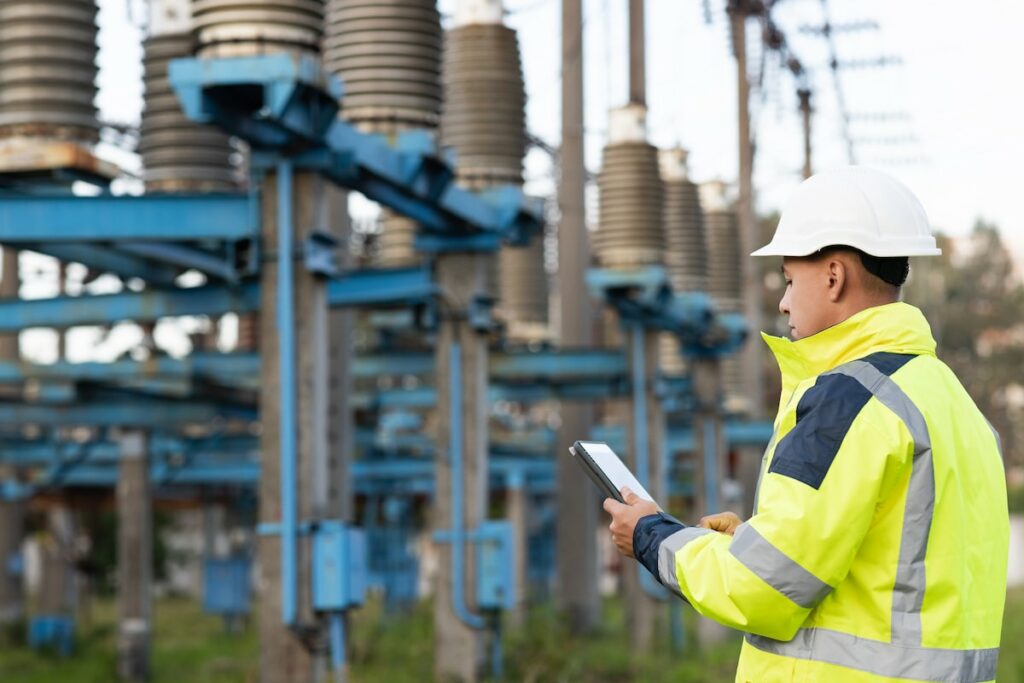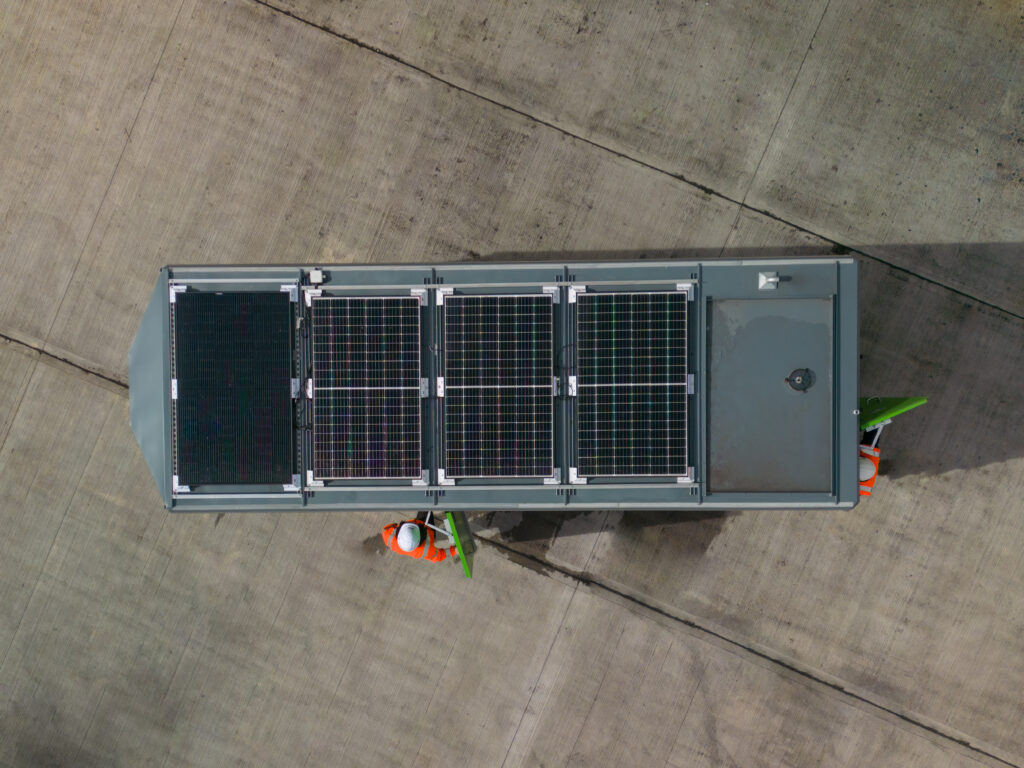Three Ways Eco-Friendly Mobile Welfare Units Benefit Utilities Projects
Blog-July 28, 2023
With over £1.8 billion pledged by the government for utilities projects since March¹ and 1,300 clean power projects awaiting construction², the UK’s utilities sector appears in very good health.
But projects still face a number of challenges, many of which innovative equipment like eco-friendly mobile welfare units could help to address.
Here are three key problems the utilities sector faces – and how eco-friendly mobile welfare units can help solve them:

1. Improving Employee Experience
The problem
Almost 2% of UK workers are employed in the utilities sector. But energy and water firms still face severe staffing shortages, with an ageing workforce and a lack of skilled labour ready to replace it. This is exacerbated by poor employee experience; a recent poll found that utilities workers are the UK’s most unhappy workforce.
The solution
While fixing recruitment and retention issues is complex, one quick win is to improve the experience of workers on-site. That is why better mobile welfare units are so important: providing more space with greater comfort ensures employees can take regular breaks and socialise in a more hospitable environment.
The result
Employers see a marked improvement to mood, morale and productivity – all of which makes recruitment and retention much easier.

2. The Race to Net Zero
The problem
With plans to decarbonise the UK’s power system by 2035 and reach net zero in water systems by 2030, reducing carbon emissions may be the most pressing challenge for the utilities sector. But given that Tier 3 emissions are difficult to account for and measuring the total impact of supply chains is notoriously challenging, many struggle to gain clarity on their true carbon footprint – which is an essential part of reducing it.
The solution
Eco-friendly mobile welfare units are a quick win for utilities projects looking to improve their environmental credentials. Not only do Welfare Hire’s units run on solar power and use recycled rainwater – their impact is also easily quantifiable. Using our Eco Calculator, leaders can see exactly how much carbon they will save – making ESG reporting that much easier.
The result
Leaders are able to reduce their carbon emissions and provide detailed data for ESG reporting.

3. Rising Supply Chain Costs
The problem
We’ve all noticed our utility bills rising, but the reality is providers themselves are also being hit hard. The drive to improve ageing infrastructure and switch to renewable sources of energy is often undermined by the expense of materials, the complexity of supply chains and the difficulties of realising new technological possibilities.
“Survival for utilities depends on their ability to develop new capabilities, different business models and a mindset centred around agility and collaboration.“
Ernst & Young
The solution
Using eco-friendly mobile welfare units will not solve utilities firms’ financial challenges, but it will certainly reduce the burden. With reduced operating costs as well as less frequent servicing intervals, each mobile welfare unit produces a big saving.
The result
Budget otherwise taken up by welfare units can be reallocated to cover increased costs elsewhere in the supply chain.

START YOUR JOURNEY TODAY
Eco-friendly mobile welfare units provide an ‘easy win’, reducing costs, improving on-site welfare and increasing your ESG score. If you’d like to learn more about Welfare Hire’s product range, contact our team today.
1.https://www.gov.uk/government/news/16-billion-investment-brought-forward-to-speed-up-vital-water-infrastructure-projects
2.https://www.local.gov.uk/about/news/1300-clean-power-projects-permission-awaiting-construction-say-councils